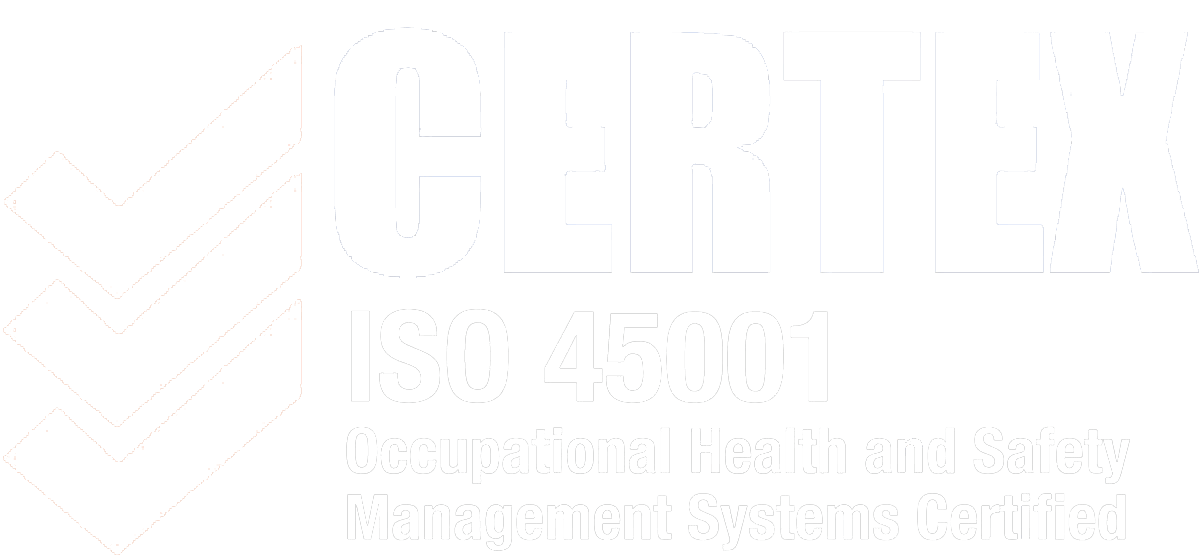The cost of skill gaps: Why you need talent on demand

In today’s fast-paced business environment, having the right skill sets within your team is crucial for success. However, many companies face significant challenges when they lack the necessary expertise. Here are some of the key pain points businesses encounter when you don’t have the right skills in your workforce:
1. Missed Deadlines and Delayed Projects
Without the appropriate skills, projects can push past deadlines and take much longer than forecast. Employees may struggle to complete tasks efficiently, leading to missed deadlines and delayed project deliveries, hampering the company’s ability to take on new work.
2. Compromised Quality
The absence of specialised skills can significantly impact the quality of work produced and can result in costly mistakes and subpar solutions. The inability to keep up with industry standards and innovations can erode market position and hinder growth.
3. Employee Burnout and Turnover
When employees are tasked with responsibilities they are not equipped to handle, it can lead to stress and burnout. Overburdened staff may feel overwhelmed and demotivated, resulting in higher turnover rates. This not only disrupts workflow but also incurs additional costs related to hiring and training new employees.
4. Lost Business Opportunities
Skill gaps can prevent companies from quickly adapting to market demands or seizing new opportunities. Without the right expertise, businesses may struggle to innovate or respond to emerging trends, leading to missed opportunities and a competitive disadvantage.
Addressing the Skill Gap Challenge
To mitigate these pain points, companies can consider several strategies:
Invest in Training and Development: Upskilling current employees can help bridge skill gaps and improve overall competency.
Leverage Contracting and Temporary Staff: Hiring contractors or temporary staff with specialised skills can provide the expertise needed for specific projects without long-term commitments. Talent on demand is an optimal strategy for today’s market.
Adopt a Flexible Workforce Model: Embracing a mix of full-time, part-time, and freelance workers can offer the flexibility to scale your workforce based on project demands.
Utilise Technology and Automation: Implementing advanced tools and automation can help streamline processes and reduce the reliance on specific skill sets.
Skill gaps can significantly hinder a company’s performance. Without the right talent, businesses struggle with lower productivity, employee burnout, and lost opportunities. These challenges not only affect day-to-day operations but also put companies at a competitive disadvantage. Addressing skill gaps through training, contracting, and flexible workforce models is essential for maintaining efficiency, innovation, and growth.
 CA-EN
CA-EN UK
UK AU
AU US
US NZ
NZ PH
PH ZA
ZA SG
SG HK
HK






